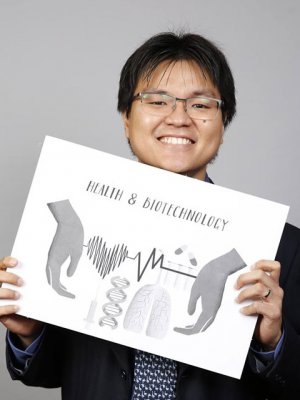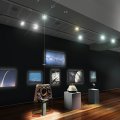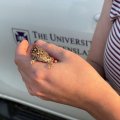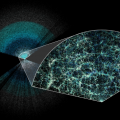
Pathology testing plays a crucial role in the health care system, making up 70 per cent of the scientific basis for medical diagnosis – but the turnaround on test results can take days for people living outside major cities.
A University of Queensland researcher hopes to cut the delays and make pathology cheaper, more accurate and more accessible for regional, rural and remote Australians.
Dr Arnold Wiliem from UQ’s School of Information Technology and Electrical Engineering said developing digital pathology and telepathology offered major advantages for rural healthcare.
He is partnering with Sullivan Nicolaides Pathology to develop automatic slide-scanning technology for pathology sample image analysis.
“Many pathology tests require manual microscopy readings which are time-consuming, repetitive and mundane tasks for humans,” Dr Wiliem said.
“Digital pathology combines computer vision and microscope scanning technologies to automate these tasks by accurately processing easy cases and only giving the difficult cases to humans.
“This will increase the current pathology service capacity.”
“With telepathology, patients may see a reduction in waiting time for pathology tests, because patient specimens can be scanned and sent to expert pathologists via a secure Internet connection.”
 Dr Wiliem aims to develop a scanning device comprising a motorised microscope equipped with a digital camera controlled using software.
Dr Wiliem aims to develop a scanning device comprising a motorised microscope equipped with a digital camera controlled using software.
This technology will also be applied to fluorescence microscopy, which is much more complex and time consuming for pathologists.
He plans to adapt algorithms developed for surveillance tasks to analyse the pathology images.
Dr Wiliem, who has received an early-career Advance Queensland Fellowship from the Queensland Government, said Sullivan Nicolaides Pathology’s 35 per cent market share of Queensland pathologies means the technology could be rolled out within three years.
Media: Dr Arnold Wiliem, a.wiliem@uq.edu.au, +61 7 3365 1643; UQ Communications, Casey Fung, c.fung@uq.edu.au, +61 7 3365 8525.











